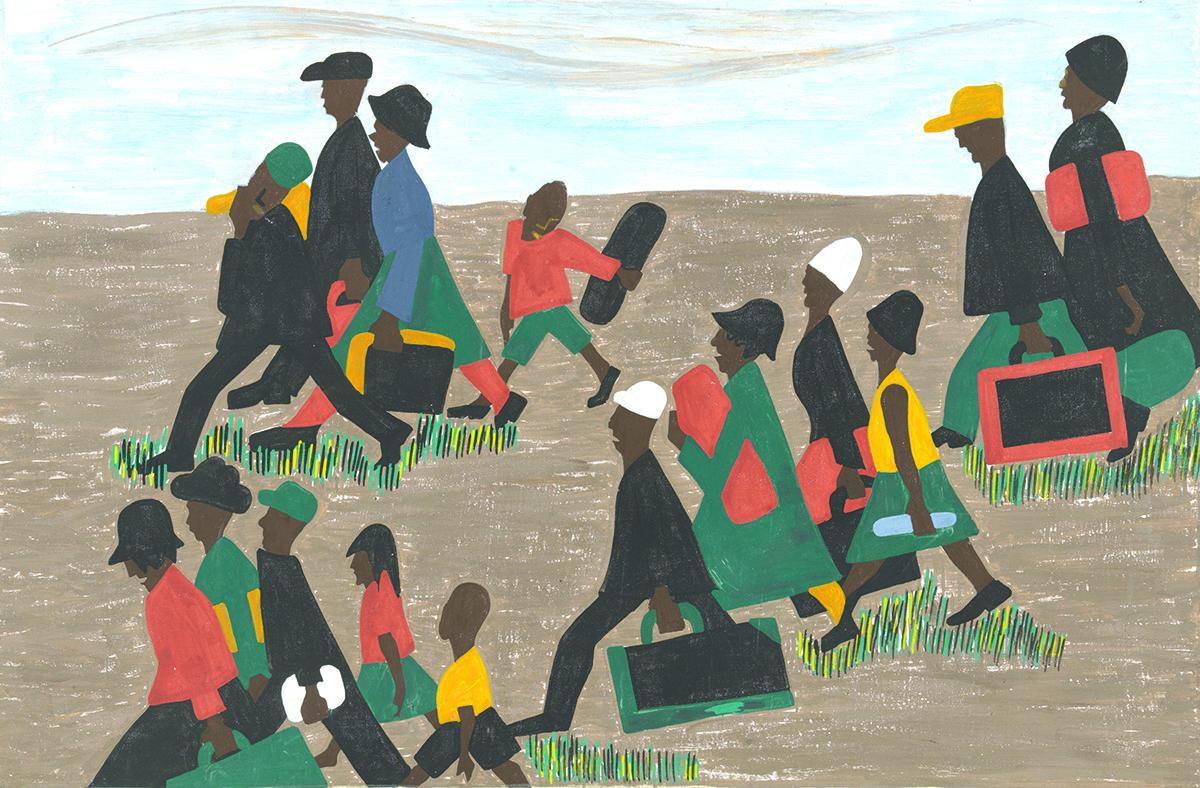W 6 Feb 20 &22
Reconstruction & The Makings of Jim Crow
T- Read: Abraham Lincoln’s Last Speech, April 11, 1865; Jane Dailey, “Deference and Violence in the Postbellum Urban South: Manners and massacres in Danville Virginia.”
- Explain what “changes over the course of time” and why?
- How does Dailey understand/conceptualize black agency (and politics), and what’s significant about her conceptualization of politics and is this different than how we traditionally understand “politics”?
- What more do we learn about “politics,” “race,” and “gender” by expanding how we understanding “politics” in these this essay?
R- sources: DuBois “Of_Mr_Washington_and_Others” , Booker_T._Washington”Cast_Down_Your_Buckets“and Ida B. Wells,”Southern_Horrors” and NPR report on exhibit Without Sanctuaryand NYT, Kidada Williams “Accounting for the Pillaging of African-Americans Freedom”
1. In Southern Horrors, what are the main reasons Ida B. Wells gives for the
lynching of black men?
2. How does Wells, as opposed to Washington, represent the Reconstruction
period? (59-60)
3. Analyze this quote:
Aside from the violation of white women by Negroes, which is the
outcropping of a bestial perversion of instinct, the chief cause of trouble
between the races of the South is the Negro’s lack of manners. In the
state of slavery he learned politeness from association with white people,
who took pains to teach him. Since the emancipation came and the tie of
mutual interest and regard between master and the servant was broken, the
Negro has drifted away into a state which is neither freedom nor
bondage.” (63)
4. What is significant about the murder of “three of the best specimens
of since-the-war Afro-American manhood”? (64-65) What does Wells mean by
“Self-help”?
